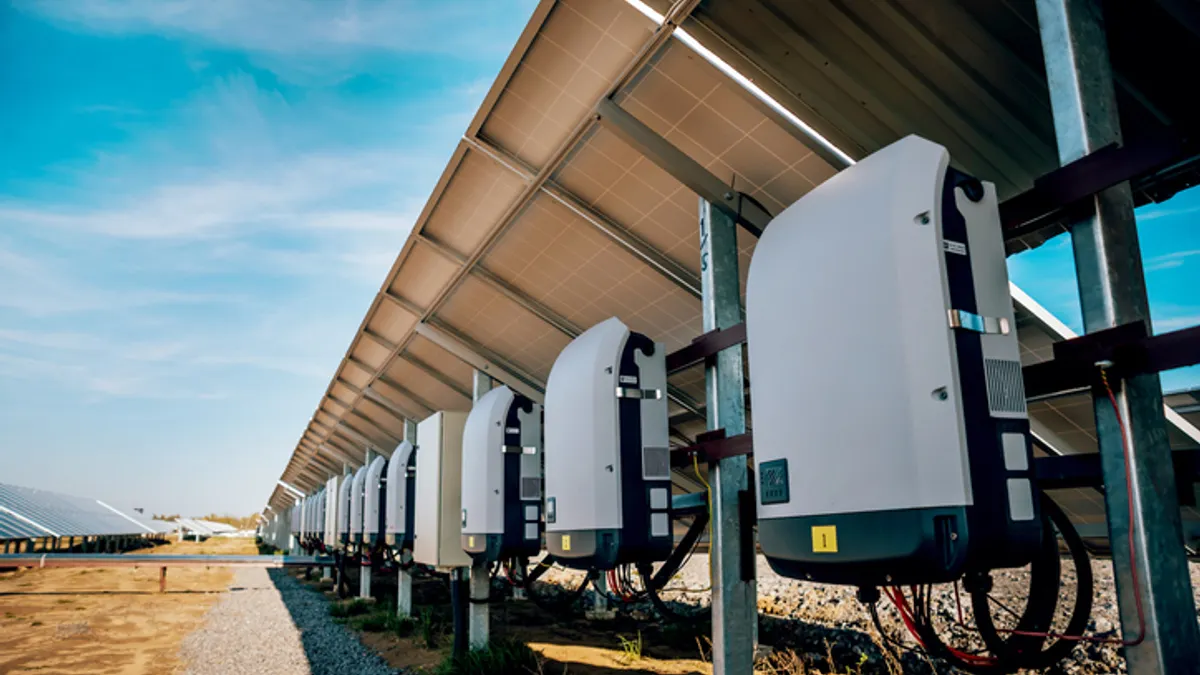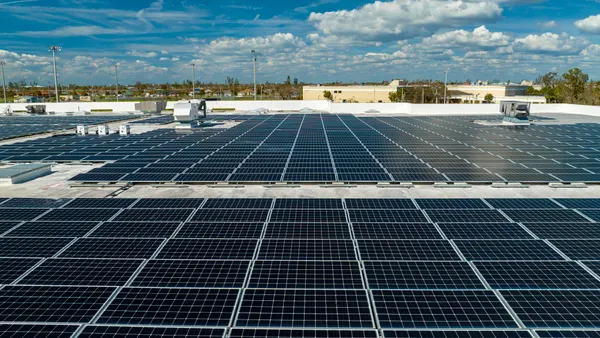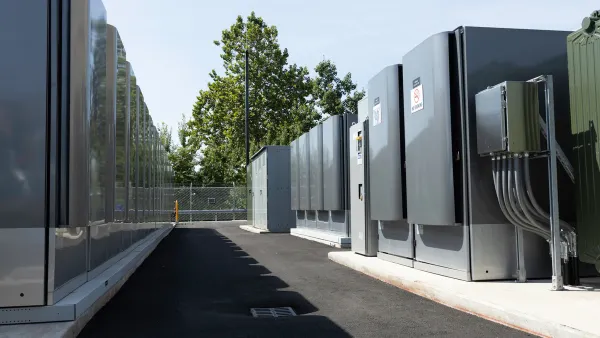Dive Brief:
- Nebraska lawmakers on Thursday passed LB 405 to update the state's energy codes for residential and commercial buildings, potentially the first substantial changes to the regulations in a decade.
- The state is currently utilizing the 2009 International Energy Conservation Code (IECC) for its building energy codes, but if Gov. Pete Ricketts, R, signs the bill, Nebraska will switch to the 2018 version, yielding the strongest efficiency codes in the Midwest, advocates say.
- Most states adopt a version of the IECC, though often with varying adjustments, exemptions and amendments. According to the U.S. Department of Energy, building energy codes will save U.S. home and business owners an estimated $126 billion through 2040.
Dive Insight:
The update is expected to have major implications for new residential buildings, according to Midwest Energy Efficiency Alliance (MEAA) building policy associate Nicole Westfall. Changes between the 2009 code (which Nebraska currently utilizes) and the 2012 version resulted in about a 25% energy improvement, she said. Since then, code updates have led to smaller but consistent improvements.
"The momentum has slowed down a bit, the major energy savings were due to [envelope] testing," said Westfall. But if Nebraska adopts the 2018 codes, it will make it a regional leader on building efficiency.
However, Nebraska efficiency advocates are keeping a low profile as they wait for Ricketts to make a decision on LB 405. The state's unicameral legislature did not amend the international efficiency codes, though local municipalities can.
"Since it's a little bit surprising that Nebraska didn't amend any codes, etc. we don't want to draw too much attention to it," MEEA representative Jen Rhodes told Utility Dive in an email.
Major changes in the updated code include mandatory envelope testing for buildings, which previously could be satisfied with a checklist rather than actually conducting a blower test.
"Nebraska hasn't really addressed energy code updates since 2009," Chris Burgess, MEEA senior building policy manager, told Utility Dive. Adoption of the IECC's most recent version will give the state "an integrated family of codes," he said, as they all reference one another.
"Nebraska is leading the charge," added Westfall. "These would be the strongest energy codes in our region. It's not something you'd think would come out of Nebraska, but something we're looking forward to promoting a bit more."
The bill was presented to Ricketts on May 2, and state law gives the Nebraska governor five days to act, not including Sundays. Absent a veto, the new codes will be adopted at the end of Wednesday.
"It's a conservative governor in a conservative state," said Burgess. "We have not heard one way or another how the governor is feeling on this ... we're kind of hoping that just continues."













